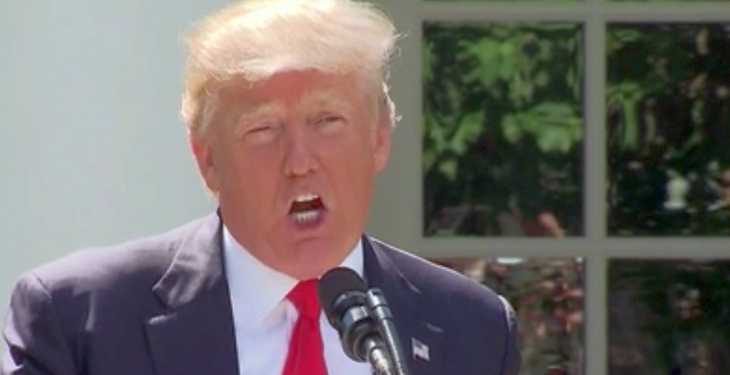President Trump announced on Thursday that the United States would withdraw from the Paris climate accord, weakening efforts to combat global warming and embracing isolationist voices in his White House who argued that the agreement was a pernicious threat to the economy and American sovereignty.
“We are getting out,” Donald Trump said Thursday. “But we will start to negotiate, and we will see if we can make a deal that’s fair. And if we can, that’s great.”
One option is to go through the established protocol for withdrawing from the accord, a process that would stretch out to the end of 2020, a White House official told. Trump could also declare the Paris Agreement a legal treaty, which would require the Senate to approve it. It is unclear whether Trump has the votes. Twenty-two of 52 Senate Republicans urged Trump to leave the accord in a letter last week.
A final option is to withdraw from an international treaty, the United Nations Framework Convention on Climate Change, which negotiated the Paris Agreement and other landmark climate deals.
More than two decades of climate diplomacy produced the Paris Agreement in December 2015. The accord requires the 195 signatories — nearly every country in the world — to create national plans to reduce their greenhouse gas emissions in a bid to mitigate the impact of climate change.
Syria and Nicaragua are the only countries in the U.N. group that are not signatories.
The treaty aims to prevent global temperatures from rising by more than 2 degrees Celsius above pre-industrial levels.
